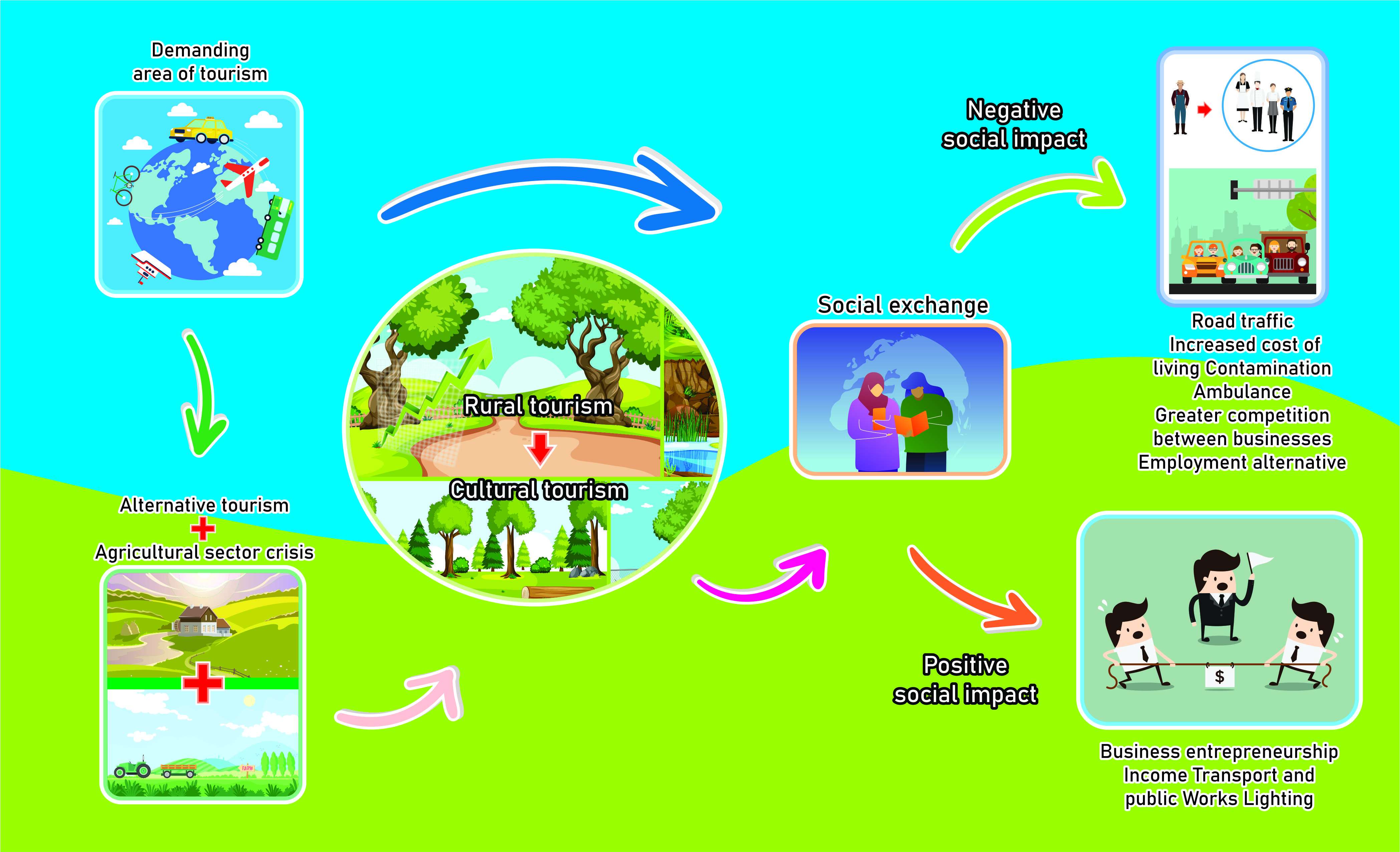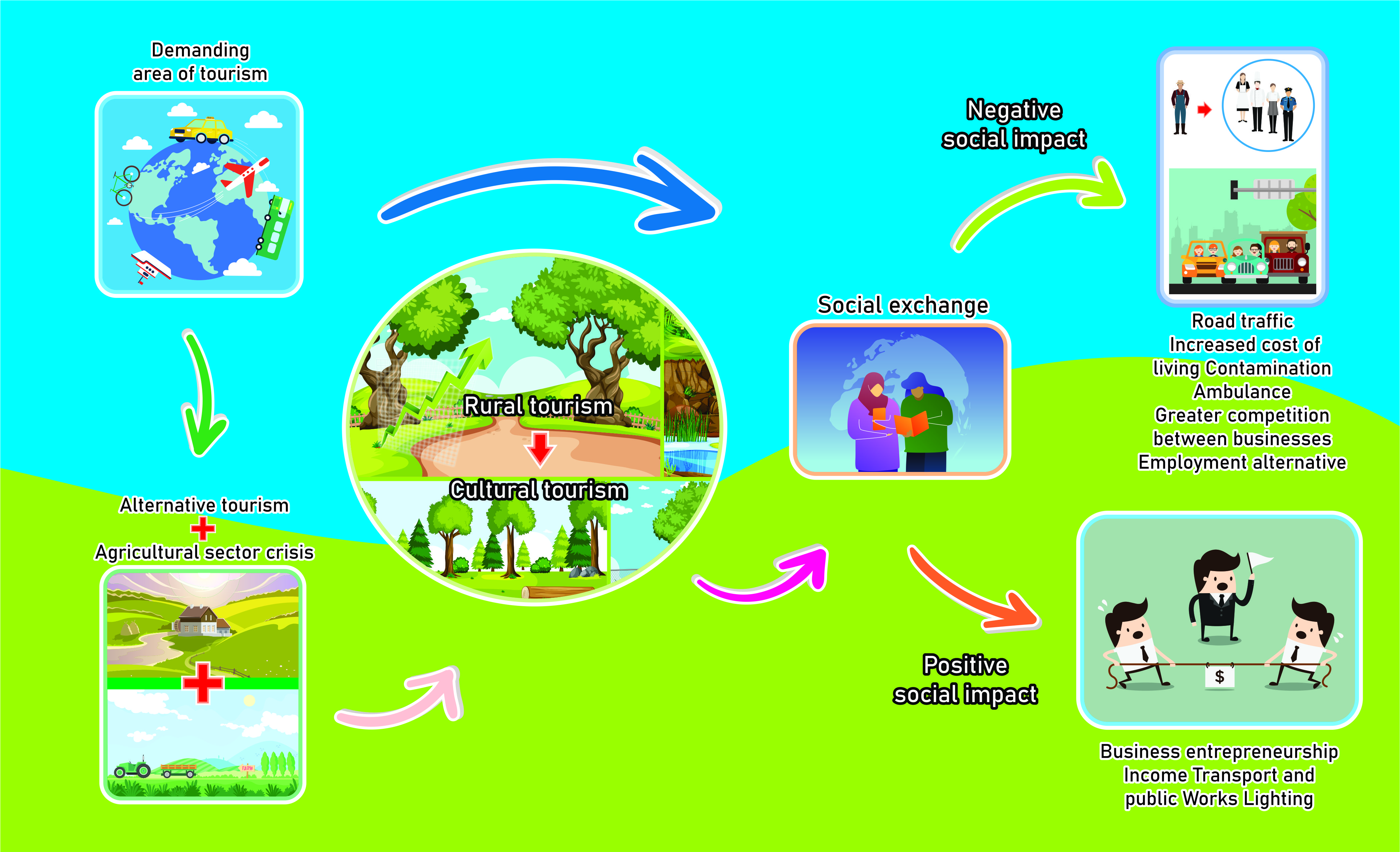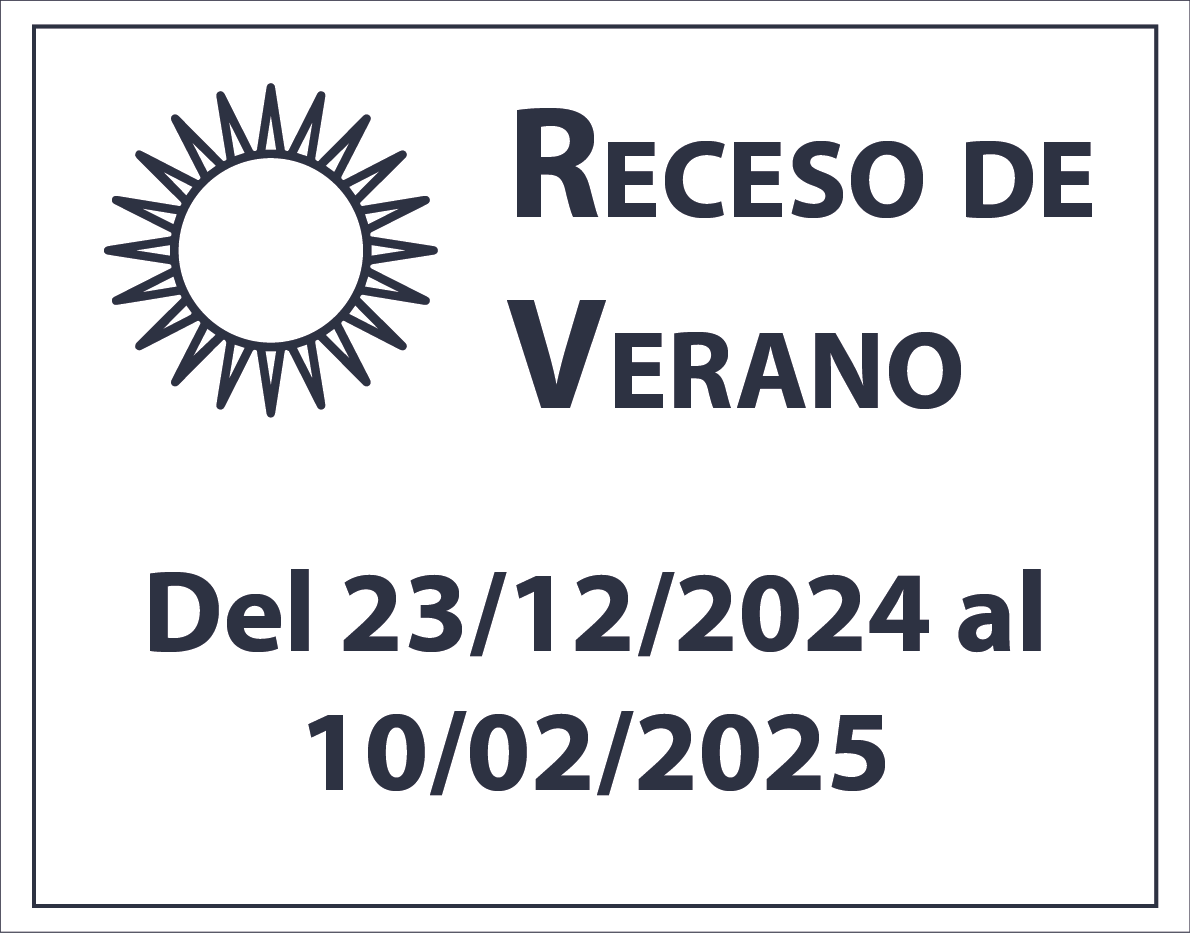Social impact analysis of cultural tourism in rural areas of Tlaxcala, Mexico
DOI:
https://doi.org/10.48162/rev.39.031Palabras clave:
turismo cultural, espacios rurales, desarrollo, impactosResumen
 Alternative tourism, specifically cultural tourism, has gained worldwide importance. This is reflected in the growing number of people preferring this type of leisure activity. However, and even though archaeological and religious contexts represent hubs of attraction for pilgrims and tourists, their development seems to generate social issues. The objective of this research is to analyse the social impact of cultural tourism, from the perspective of tradesmen living in the rural municipality of Tlaxcala, Mexico. Information was collected by surveys. Sample size was calculated using the non-probabilistic method (snowball), and 54 tradesmen owning establishments near tourist attractions, were interviewed. Results evidenced that tradesmen do perceive social problems including traffic congestion, increasing living costs, pollution, street vendors, and augmented competition between businesses. However, they appreciate the benefits of providing tourists with low-cost catering services, considering tourism to be positive or very positive. The conclusion is that economic benefits outweigh the social impacts generated by tourism.
Alternative tourism, specifically cultural tourism, has gained worldwide importance. This is reflected in the growing number of people preferring this type of leisure activity. However, and even though archaeological and religious contexts represent hubs of attraction for pilgrims and tourists, their development seems to generate social issues. The objective of this research is to analyse the social impact of cultural tourism, from the perspective of tradesmen living in the rural municipality of Tlaxcala, Mexico. Information was collected by surveys. Sample size was calculated using the non-probabilistic method (snowball), and 54 tradesmen owning establishments near tourist attractions, were interviewed. Results evidenced that tradesmen do perceive social problems including traffic congestion, increasing living costs, pollution, street vendors, and augmented competition between businesses. However, they appreciate the benefits of providing tourists with low-cost catering services, considering tourism to be positive or very positive. The conclusion is that economic benefits outweigh the social impacts generated by tourism.
Highlights:
- The influx of pilgrims and tourists is generating some social problems in the receiving rural spaces.
- Tourism service providers derive little benefit due to the low-cost services in accommodation and meal offer to tourists.
- Social problems are increasing (road traffic, higher cost of living, pollution, street vendors) and greater competition between businesses.
- Tourist activity is considered good or very good since it contributes to local development.

Archivos adicionales
Publicado
Número
Sección
Licencia

Esta obra está bajo una licencia internacional Creative Commons Reconocimiento-NoComercial-CompartirIgual 3.0.
Aquellos autores/as que tengan publicaciones con esta revista, aceptan las Políticas Editoriales.



